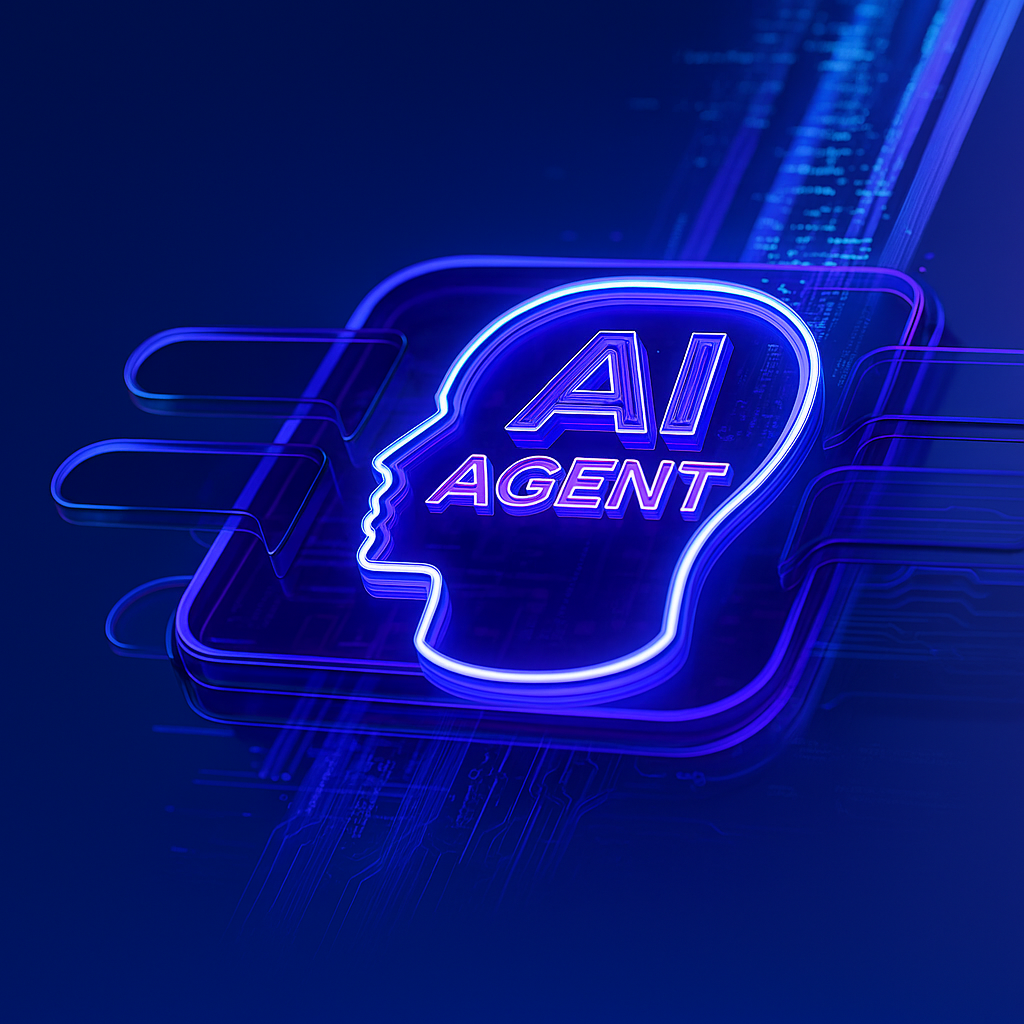Working with protected health information (PHI) has traditionally been a slow, fragmented, and highly manual process. From inconsistent formats to compliance hurdles, most healthcare organizations spend more time preparing data than actually using it. That’s changing.

Azure Health Data Services offers a modern platform that brings structure, scale, and security to PHI management—making it easier to standardize data, apply artificial intelligence (AI), and extract real-time insights.
Standardized Data is the Foundation for Better AI
One of the biggest barriers to effective AI in healthcare is the fragmentation of data, with an estimated 50-90% of healthcare data living in siloed and unstructured formats. Patient information is scattered across EHRs, imaging systems, labs, and unstructured clinical notes—often stored in inconsistent formats and disconnected silos. This makes it incredibly difficult to extract meaningful insights, let alone apply advanced analytics or AI at scale.
Azure Health Data Services addresses this challenge head-on by enabling seamless ingestion and unification of healthcare data through support for industry-standard formats like FHIR (Fast Healthcare Interoperability Resources) and DICOM (Digital Imaging and Communications in Medicine). This ensures that data is consistently structured, interoperable, and ready for real-time use across clinical, operational, and research workflows.
By reducing the need for custom ETL pipelines and manual data wrangling, Azure empowers organizations to shift from data preparation to data action. Clean, standardized data becomes the fuel for accurate machine learning models, predictive analytics, and next-generation AI applications—driving better decisions, improving outcomes, and enabling truly connected care.
According to recent research, healthcare organizations that adopt standardized data practices see fewer errors, faster integration, and more reliable AI outputs. It’s not just about compliance or convenience—it’s about unlocking the full potential of your health data.
Scalable Infrastructure
The healthcare sector is experiencing a surge in cloud adoption, with projections showing an increase from 27% to 51% over three years. Azure’s elastic infrastructure is designed to handle the vast data volumes generated by modern healthcare operations, providing the computational resources necessary for training sophisticated AI models. Azure Machine Learning Studio, for example, offers a centralized, visual environment for building, training, and deploying custom or pre-built machine learning models tailored to healthcare-specific challenges such as predicting patient readmissions or detecting anomalies in medical imaging.
AI Integration and Development Tools
The integration of artificial intelligence (AI) in healthcare represents a major advancement in diagnostics, personalized treatment, and overall patient care. Azure Health Data Services is uniquely positioned to capitalize on this trend by offering a comprehensive suite of AI tools that seamlessly work with Protected Health Information (PHI) data. Let's explore some key aspects:
Azure Machine Learning Studio
Azure Machine Learning Studio stands out as a leading platform for healthcare AI, offering a robust suite of tools and a visual, user-friendly interface that empowers healthcare professionals to build, train, and deploy machine learning models—even without deep technical expertise. The platform serves as a centralized hub for end-to-end AI workflows, supporting a wide array of healthcare applications from predictive analytics to medical imaging and genomics.
- Model Development: Users can select from pre-built algorithms or create custom models to address specific healthcare challenges such as predicting patient readmissions or detecting anomalies in medical images.
- Scalable Training: Azure's scalable infrastructure can accommodate large datasets, allowing for more robust training and ultimately, more accurate models.
- Deployment Options: Models can be deployed in the cloud or on the edge, offering flexibility to healthcare organizations in how they leverage AI.
Azure Machine Learning Studio, backed by extensive research, industry partnerships, and a growing catalog of healthcare-specific AI models, provides healthcare organizations with a scalable, secure, and accessible platform for AI innovation. Its widespread adoption and recognition as a leader in the 2023 IDC MarketScape for AI Governance Platforms solidify its pivotal role in transforming healthcare through artificial intelligence.
Integration with Standardized PHI Data
Standardizing PHI data ensures consistency and quality, which is essential for training AI models. Azure supports standards like FHIR and DICOM, facilitating the following:
- Data Harmonization: By bringing together disparate data sources and aligning them into standardized formats, Azure enables a holistic view of patient information, enhancing the quality of AI predictions.
- Real-Time Insights: Integration with PHI allows for real-time data processing, which is vital for applications like monitoring patient vitals and providing instant alerts or recommendations.
- Compliance and Security: With robust encryption and compliance with healthcare regulations, Azure ensures that sensitive patient data used in AI applications is handled with the utmost security.
A publication by HealthITAnalytics highlights how standardized data can enhance the efficacy of AI applications in healthcare.
Collaboration with External Tools and Frameworks
Azure is not limited to its native tools. It offers integration with popular machine learning frameworks such as TensorFlow and PyTorch, as well as with other Azure services.
- Tool Flexibility: Researchers and data scientists can use their preferred tools and libraries, enhancing productivity and innovation.
- End-to-End Workflow Integration: From data preparation to model deployment, Azure provides a connected ecosystem that streamlines the entire AI development process.
Accessibility and Education
Azure democratizes AI by providing learning paths, documentation, and community support. This enables even smaller healthcare providers to leverage AI without having extensive in-house expertise.
- Educational Resources: Tutorials, guides, and support forums make the learning curve manageable.
- Community Collaboration: Azure's community fosters collaboration and knowledge sharing, driving innovation and best practices.
Creating Cohorts for Clinical Research and Trials
Cohort creation is vital in clinical research, facilitating studies on specific patient populations. Azure Health Data Services provides advanced tools for cohort creation and management.
Cohort Querying and Segmentation
Azure supports complex querying to identify specific patient groups based on various criteria. This feature allows researchers to create highly targeted cohorts, essential for precise clinical trials.
According to a recent study, precise cohort creation enhances the reliability and validity of clinical research.
Real-time Cohort Monitoring
With Azure, real-time monitoring of cohorts is possible. This allows researchers to track progress and make data-driven adjustments during clinical trials, improving efficiency and outcomes.
Connecting to Power BI and Azure Synapse Analytics
Visualization and analytics are key to drawing actionable insights from data. Azure Health Data Services offers deep integration with Power BI and Azure Synapse Analytics, taking data understanding to a new level.
Power BI Integration
Power BI, Microsoft's business analytics tool, connects seamlessly with Azure Health Data Services. This integration allows healthcare professionals to create interactive visualizations and dashboards that enhance data interpretation.

A report by Gartner highlights Power BI as a leading tool in business intelligence, with Azure integration offering unique advantages in handling PHI data.
Azure Synapse Analytics for Advanced Analytics
Azure Synapse Analytics provides powerful analytical capabilities that go beyond traditional data analysis. By connecting with Azure Health Data Services, healthcare organizations can perform complex data analysis, including predictive modeling and trend analysis.

According to Forrester's research, Azure Synapse Analytics leads in the big data analytics sector, particularly in healthcare, where real-time insights are crucial.
Bringing AI and PHI Together—Securely and at Scale
Healthcare organizations today face pressure to innovate quickly while managing sensitive data responsibly. Azure Health Data Services provides a path forward by combining real-time data standardization, scalable machine learning, and enterprise-grade security into one platform.
By making PHI easier to manage, analyze, and act on, Azure enables healthcare teams to accelerate research, improve patient care, and reduce administrative overhead. Whether you're just starting your AI journey or scaling production-grade models, Azure Health Data Services offers the technical foundation to get there faster—and with confidence.
Ready to simplify your PHI workflows and unlock the full potential of Azure? Connect with our data scientists to operationalize Azure Health Data Services securely, at scale, and with measurable impact. Our experts will work with you to standardize your data, streamline your workflows, and build a future-ready AI foundation.



